
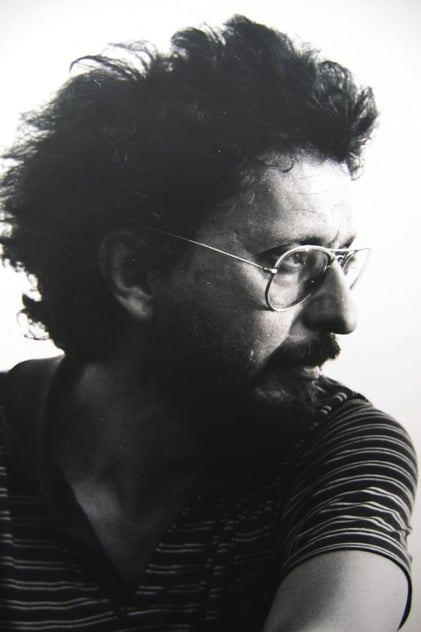
Teo Hernández
Born: December 23, 1939
Died: August 29, 1992
in Ciudad Hidalgo, Michoacán, Mexico
Died: August 29, 1992
in Ciudad Hidalgo, Michoacán, Mexico
Téo Hernández was born on December 23, 1939 in Ciudad Hidalgo, Mexico. After studying architecture, he founded with a friend the CEC (Centro Experimental de Cinematografia), in Mexico City. In 1960, the French Institute of Latin America financed the first project of the group, a documentary that will remain unfinished.
He moved to Paris in 1966. From 1968 to 1975, he made films in super 8 in London, Paris, Morocco and Denmark. Then accompanied by Michel Nedjar with whom he turned "Michel là-bas" in Morocco, he traveled for six years in India, Nepal, Greece ... Back in Paris, he realized Salomé (1976) in the spirit of Oscar Wilde. He meets Gaël Badaud, with whom he begins a long series of collaborations where elements of his own experience are incorporated in the films. In 1977, he realized Cristo, which will be part of a trilogy on passion with Cristaux and Lacrima Cristi. In 1980, with his friends (Nedjar, Jakobois and Badaud) he founded the group MétroBarbèsRochechou Art.
He moved to Paris in 1966. From 1968 to 1975, he made films in super 8 in London, Paris, Morocco and Denmark. Then accompanied by Michel Nedjar with whom he turned "Michel là-bas" in Morocco, he traveled for six years in India, Nepal, Greece ... Back in Paris, he realized Salomé (1976) in the spirit of Oscar Wilde. He meets Gaël Badaud, with whom he begins a long series of collaborations where elements of his own experience are incorporated in the films. In 1977, he realized Cristo, which will be part of a trilogy on passion with Cristaux and Lacrima Cristi. In 1980, with his friends (Nedjar, Jakobois and Badaud) he founded the group MétroBarbèsRochechou Art.
Movies for Teo Hernández...
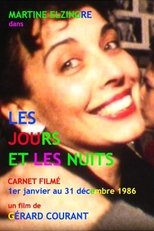
Title: Les Jours et les Nuits
Character: Self
Released: November 19, 2021
Type: Movie
I give a methodical account of my film work: the creation of new series (Lire, Trio, Avec Mariola), the shooting of a new feature film (Amours décolorées which will take ten years to edit) with Mariola San Martin.

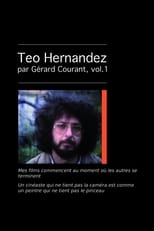
Title: Mes films commencent au moment où les autres se terminent (Conversation avec Teo Hernandez I)
Character: Himself (voice)
Released: September 24, 2014
Type: Movie

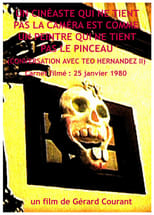
Title: Un cinéaste qui ne tient pas la caméra est comme un peintre qui ne tient pas le pinceau (Conversation avec Teo Hernandez II)
Character: Himself (voice)
Released: September 4, 2014
Type: Movie

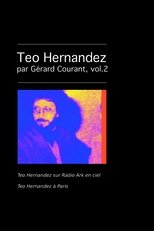
Title: Teo Hernandez sur Radio Ark en Ciel
Character: Himself (voice)
Released: April 26, 2014
Type: Movie

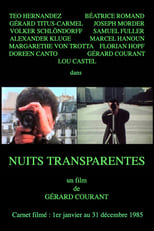
Title: Nuits transparentes
Released: April 14, 2011
Type: Movie
Strolling through France (Roanne, Nice and Carcassonne) with some excursions abroad (Munich, Montreal, New York).

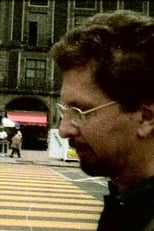

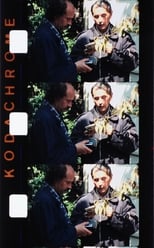

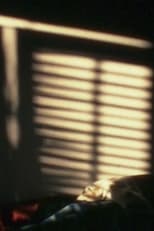
Title: Fragments
Released: January 28, 1987
Type: Movie
Eyes and ears travel discontinuously through everyday life and the sub-worlds of the city and the body. A fragmented and subjective day-to-day chronicle that outlines a recurring obsession for registering even the most ordinary things, where the least poetic aspects of life, that is to say, the most somber ones, become the eye’s filter.

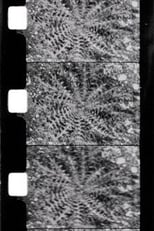



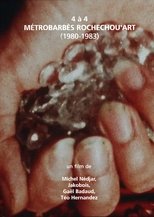
Title: 4 à 4 Métro-Barbès-Rochechou-Art
Released: March 16, 1983
Type: Movie
In the early '80s, this collective of artists invented a style of cinema made in 4 hands, where each of the protagonists is also a filmmaker.

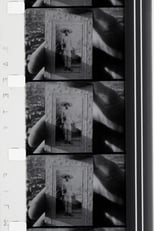
Title: Three Drops of Mezcal in a Glass of Champagne
Released: January 25, 1983
Type: Movie
An autobiographical black-and-white short in which Teo Hernández portrays his Purépecha father by holding backlit old photographs atop the Montparnasse Tower while reading a manifesto of sorts on his filmmaking.

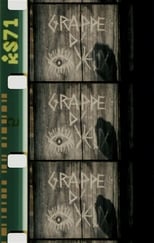
Title: Bouquet of Eyes
Released: January 1, 1983
Type: Movie
Through the use of portraits, shadow play and reflections, this series of exercises with and from body language compose a "four-handed" look against the notion of authorship: a vindication of the community content (repressed?) in every image.

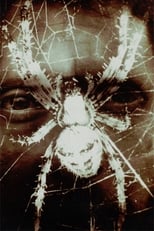
Title: À quoi rêve l'araignée ?
Released: January 1, 1982
Type: Movie
An autobiographical film that orchestrates the fragments of Michel Nedjar's life, to compose an architecture. The family films shot by his father, pieces of Michel's first films shot in the Balearic Islands and in Athens, contemporary images with Teo Hernandez, to stolen dialogues between his mother and and his aunt, recorded without their knowledge. The author is the spider, at the center of a device that allows him to survive: he has woven the threads of his own web and is now in control of his personal situation.

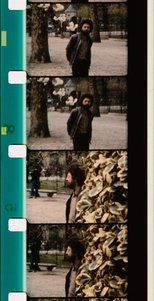

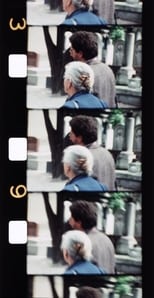



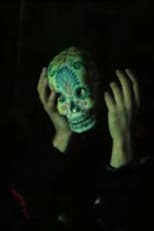
Title: Au cœur du cristal
Released: January 1, 1980
Type: Movie
The song composed by the author modulates the phases of the film and constitutes, in its entirety, the specific form of a call.

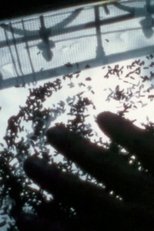
Title: Tables d'hiver
Released: December 2, 1979
Type: Movie
Winter 1978-1979: In his signature style, Hernández films hearty meals, long afternoons and candlelit dalliances inside his residence on rue des Entrepôts.

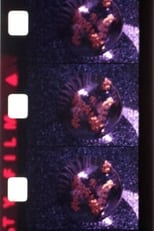
Title: Ephemeral
Released: January 1, 1979
Type: Movie
The construction of the film outlines the successive steps of a path that, as we move forward, reveals the different stages of its presentation: the moon, the rose, the child, the candle and the skull are linked in a unique picture that gives its internal meaning. Elements connected by the route of the film to lead to the final image: one in which the meaning becomes external.


Title: Cinématon II
Character: N°16
Released: December 22, 1978
Type: Movie
Reel 2 of Gérard Courant's on-going Cinematon series.


Title: Cinématon
Character: N°16 / N°481
Released: December 20, 1978
Type: Movie
Cinématon is a 156-hour long experimental film by French director Gérard Courant. It was the longest film ever released until 2011. Composed over 36 years from 1978 until 2006, it consists of a series of over 2,821 silent vignettes (cinématons), each 3 minutes and 25 seconds long, of various celebrities, artists, journalists and friends of the director, each doing whatever they want for the allotted time. Subjects of the film include directors Barbet Schroeder, Nagisa Oshima, Volker Schlöndorff, Ken Loach, Benjamin Cuq, Youssef Chahine, Wim Wenders, Joseph Losey, Jean-Luc Godard, Samuel Fuller and Terry Gilliam, chess grandmaster Joël Lautier, and actors Roberto Benigni, Stéphane Audran, Julie Delpy and Lesley Chatterley. Gilliam is featured eating a 100-franc note, while Fuller smokes a cigar. Courant's favourite subject was a 7-month-old baby. The film was screened in its then-entirety in Avignon in November 2009 and was screened in Redondo Beach, CA on April 9, 2010.



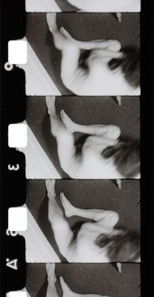
Title: Angle
Released: March 1, 1978
Type: Movie
"ANGLE, with its brief black and white shots, almost always plunging and oblique, of naked bodies or parts of bodies, is a film of rupture. Punctuations of black primers break up the filmic continuity, isolating snapshots or brief furtive movements: the body rolling over itself, colliding with the other or falling (these terrible falls, as sharp as a fainting spell, like that of the hero of The Andalusian Dog, whose hand, as he falls, brushes for a moment against the naked back of a beautiful, insensitive woman, and which is, it seems to me, the most striking representation of the link between passion in love and death that can be given). Often these movements are repeated and the actors seem to be the descendants of Muybridge's bonshommes lost in a white room. At the end - this is the longest shot in the film - in a corner of the room, one of the two actors remains crouched, hiding his eyes in his hands. Then the corner reappears, empty."

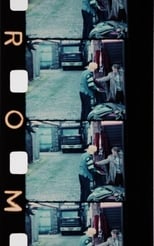

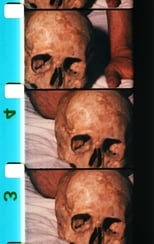

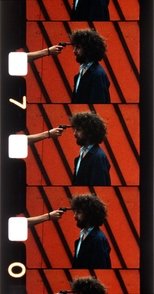

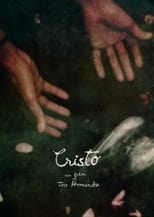
Title: Cristo
Released: August 30, 1977
Type: Movie
All of history, that of Christ or any other, permeates the world, leaves its mark, modifying and informing history, and all that the human reproduces and creates. The best way for historical interpretation or literary adaptation is to move as far as possible from literal interpretation. That is, it is a contemporary and personal interpretation. The story of Christ is an archetypal story. It has modified and informed a morality and a vision of the human being in the West, it must be taken for what it is and what it has become: matter.

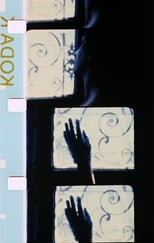
Title: Le gant de l'autre
Released: June 14, 1977
Type: Movie
Exploration of bodies. Point, counterpoint. A black glove goes in search of a red glove.

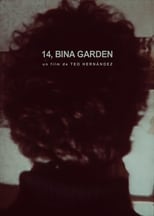
Title: 14, Bina Garden
Released: October 22, 1968
Type: Movie
"In 1968, during a stay in London, I could finally achieved my first film: 14, BINA GARDEN. A camera wanders into the decor of a room ..."

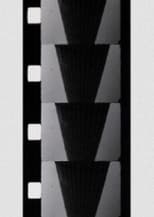
Title: Chutes de trois gouttes de mezcal dans une coupe de champagne
Released: December 31, 1969
Type: Movie
Outtakes from the movie
